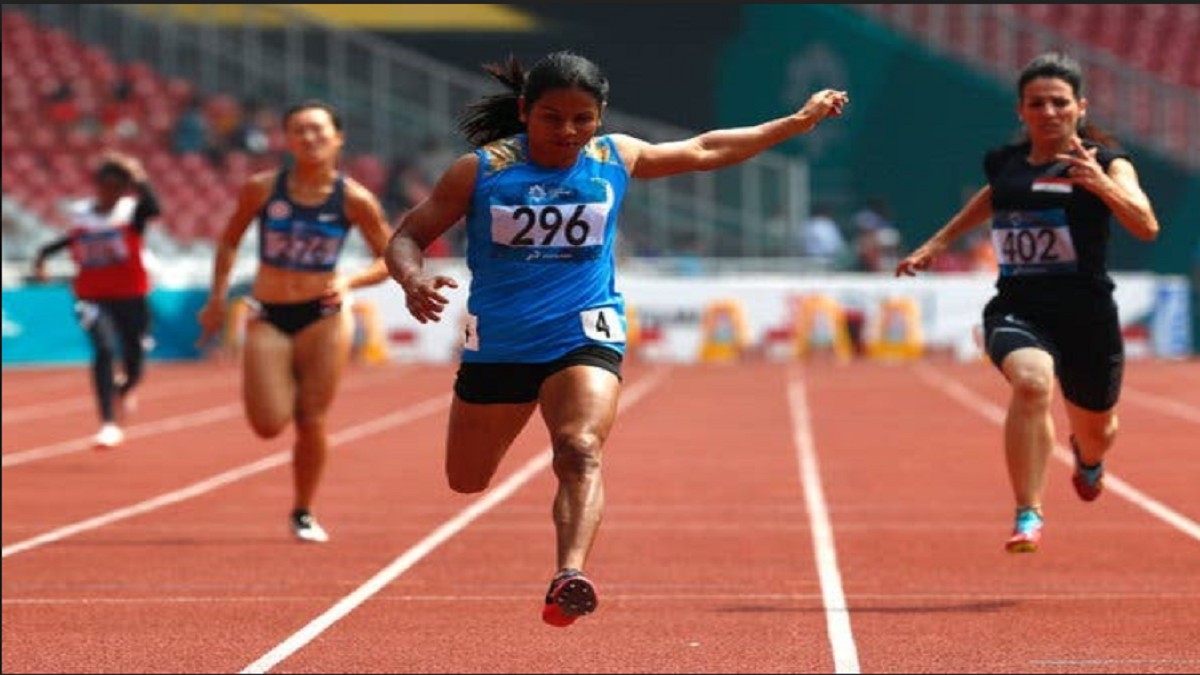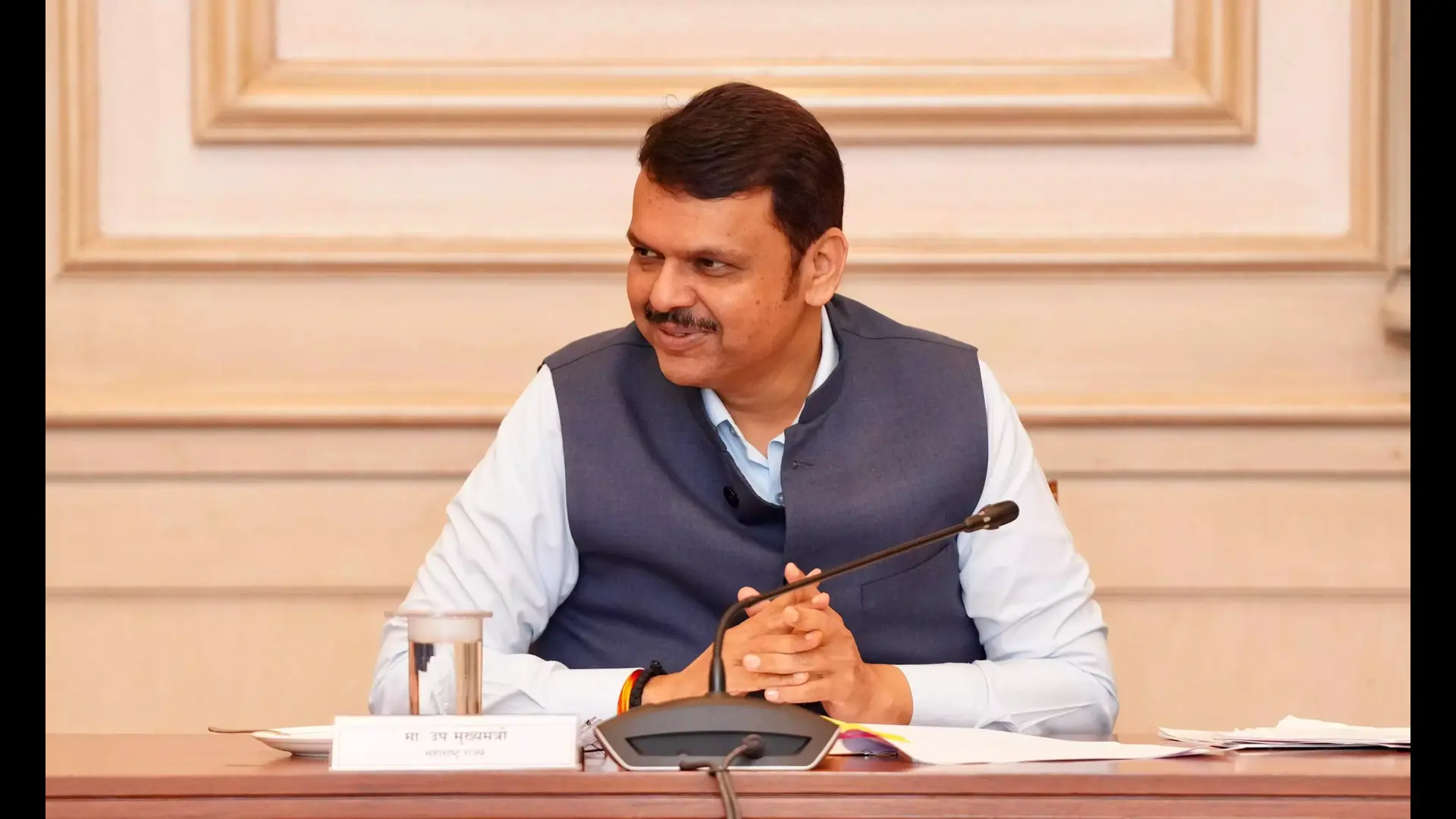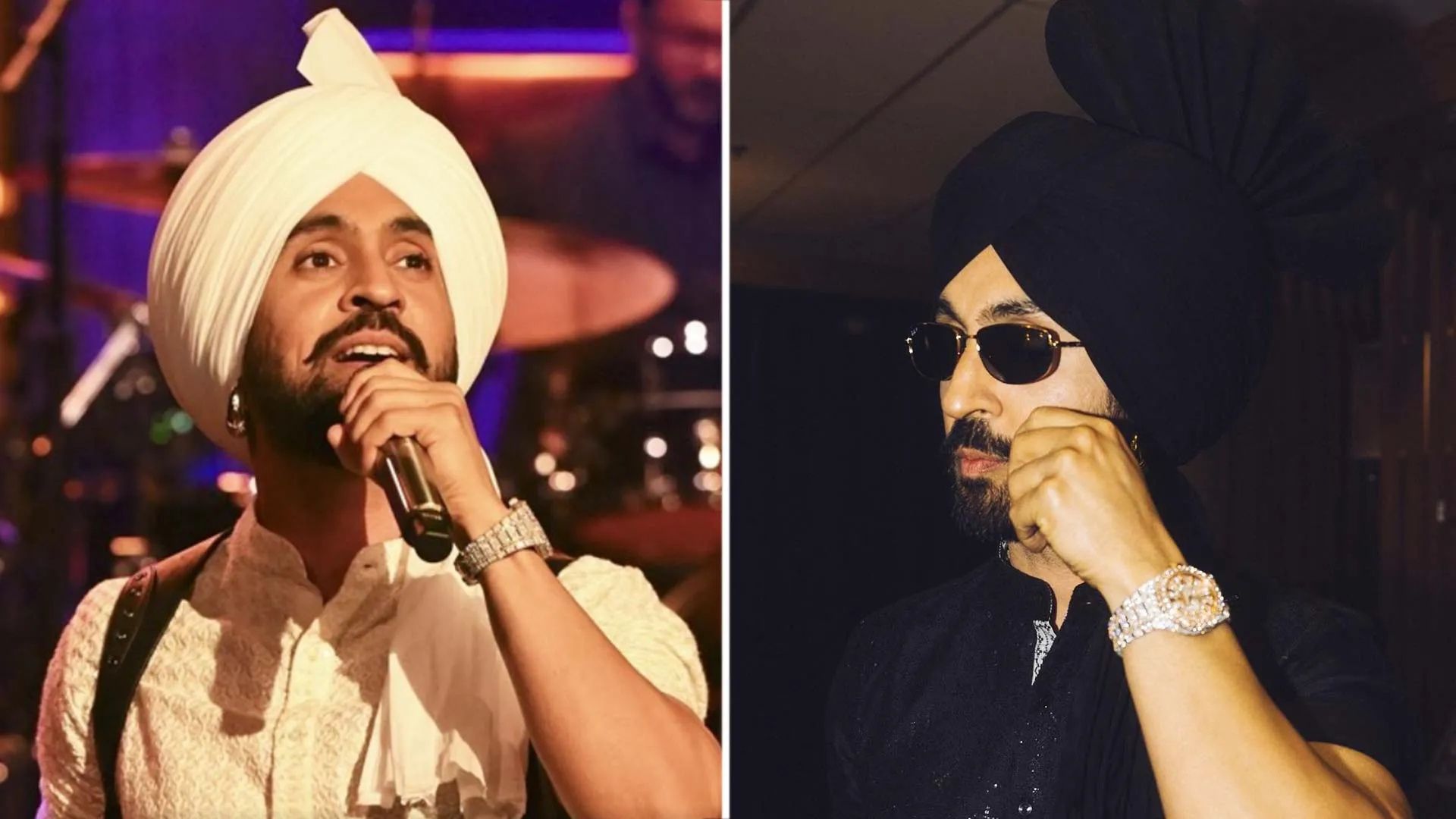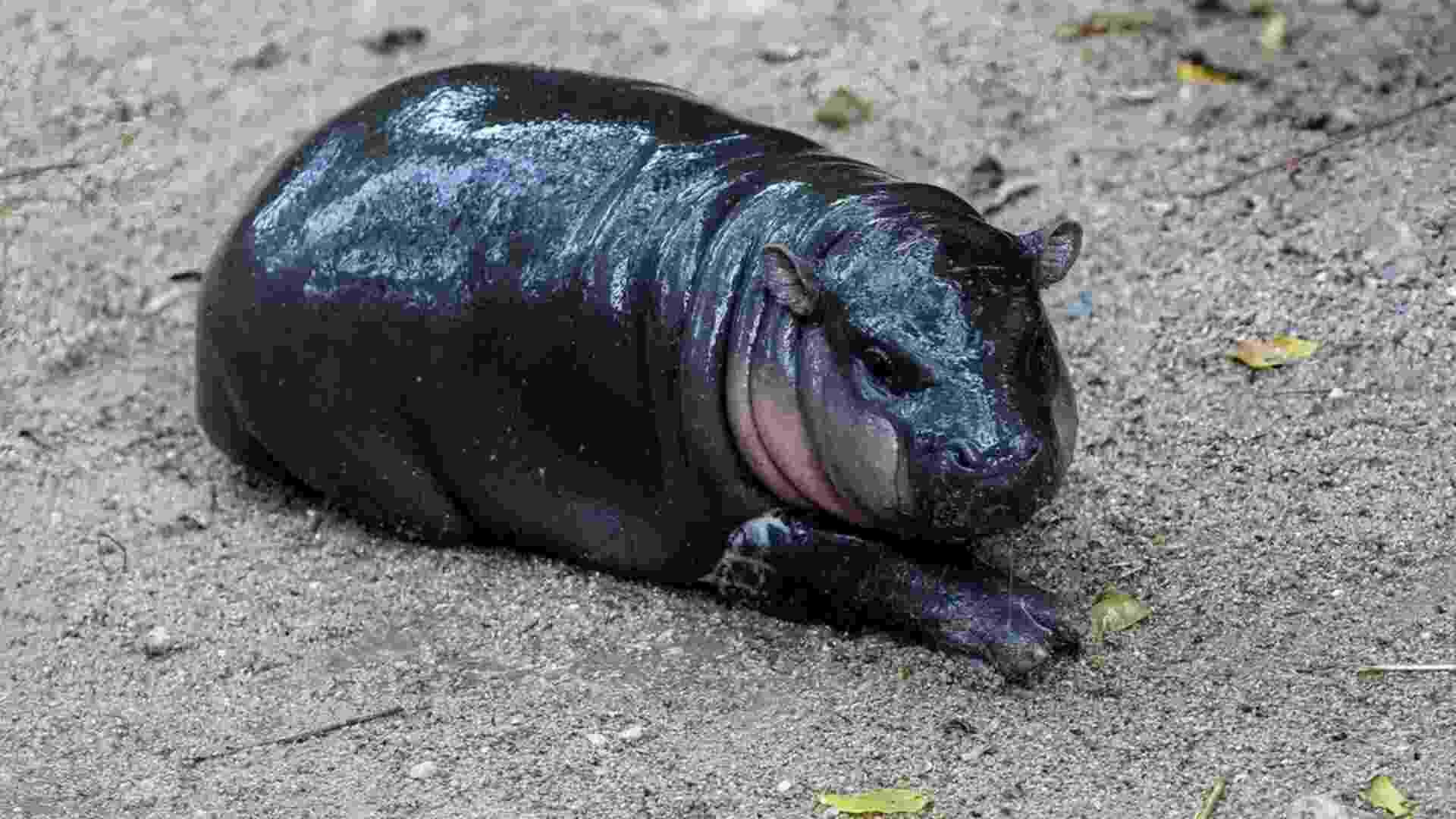
Ace sprinter Dutee Chand does not need any introduction in the field of athletics. Born on 3 February 1996 in a poor weavers’ family in Odisha, she has come a long way to make a name for herself. These days, even amid the Covid-19 pandemic, he is only thinking about the Olympics slated to be held next year in Tokyo. And she is thankful that tracks have reopened again.
“We were sitting in our homes because of the lockdown. It has taken its toll on my fitness, I have to work on it now,” the sprinter says as she reminds that the Tokyo cut-off for 100m is 11.15 second. Although she is 0.7 seconds away, she seems happy. “I have been achieving this target quite often during the practice session,” she says.
For the last two months in lockdown, Dutee has been doing online training only. From this month, with the opening of tracks, she has been practising, for 6-7 hours daily.
Dutee reminds that gender misconception was one of the reasons for her initial struggles. “But now this misconception has been cleared, I can surely compete with free mind.”
The sprinter recalls her ordinary background. “I hail from a small village and belong to a very poor family, but after becoming an international athlete, I have achieved so many things in my life.” She further adds that “now, anyone can earn name, fame and money through sports.” Representing the country being her proudest moment, she says, “I am fully satisfied with my sports career and this is my personal message for the budding sport stars to work hard and give their best, only then they can excel in the field of sports.”
Not many people know about her sporting achievements in the early years of her life. Actually, she won a race when she was a student of Class I in Prathma Khandi Vidhalya. She received a lot of appreciation when she got the first position in the race, in an annual school competition. Rest is history.
Her elder sister, Saraswati Chand, herself a well-known athlete, was her family coach and she inspired her to come to the athletic arena. Dutee started shining at the school level. Her hard work and achievement brought her to Bhubaneswar where the state government supported her provided boarding, lodging and training free of cost. As a result, in 2012, Dutee became a national champion in the under-18 category, when she clocked 11.2 seconds in the 100m event. A year later, clocking 23.811 seconds, she won the bronze in the Women’s 200m event at the 2013 Asian Athletics Championships in Pune. The year 2013 brought her many more milestones; she became the first Indian to reach the final of a global athletics 100m final, when she reached the final in the 2013 World Youth Championships. In the same year, she became the national champion in 100m and 200m when she won the events clocking 11.73 s in the final in 100 m and a career-best 23.73 s in 200 m at the National Senior Athletics Championships held in Ranchi.
Consequently, in 2017, she clinched two bronze medals, one in the Women’s 100m, and another in the Women’s 4×100m relay with Srabani Nanda, Merlin K. Joseph, and Himashree Roy at the Asian Athletics Championships in Bhubaneswar. In 2018, she clinched a silver medal in the women’s 100m at the Jakarta Asian Games. This was India’s silver medal in this category after 32 years since P.T. Usha won in 1986.
Up to the national level, she says she used to practice for 4 hours daily. “But when I aimed to achieve an international medal, I started practising for at least seven hours, apart from putting a great deal of attention on diet, nutrition and training,” Dutee says. In 2019, she became the first Indian sprinter to win gold at the Universiade, clocking 11.32 seconds in the 100m race.
The writer is a Bureau Chief of ‘Himalini’, a monthly magazine from Nepal. He has also written two books on media education.














